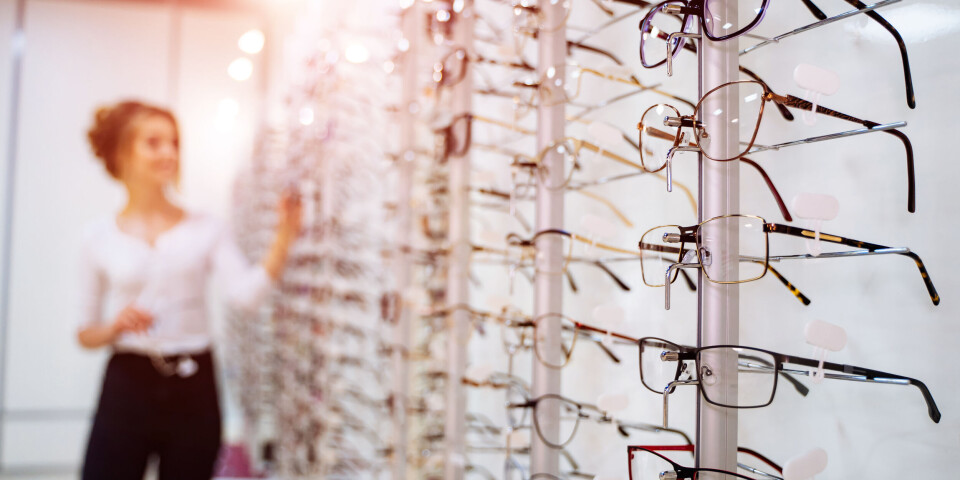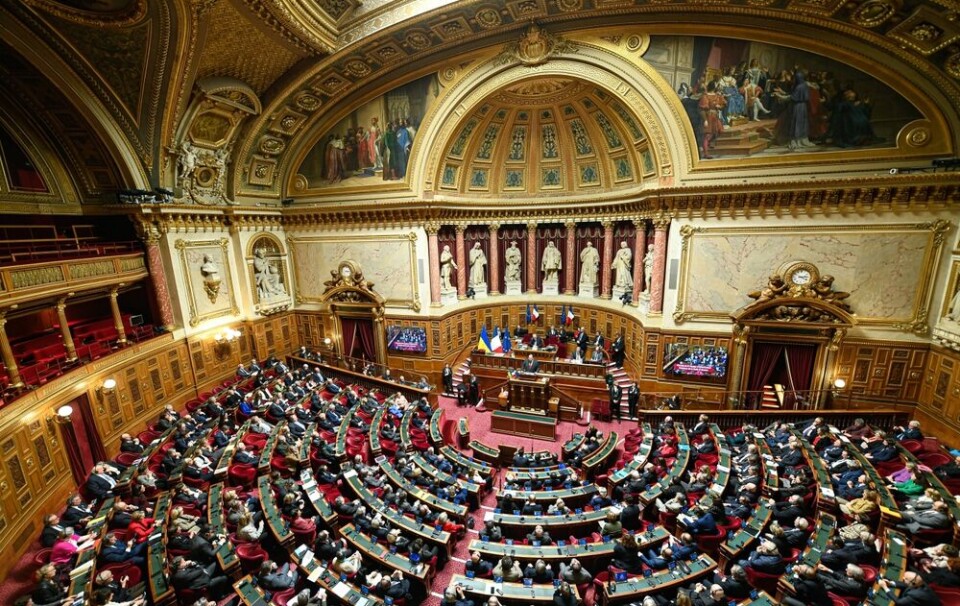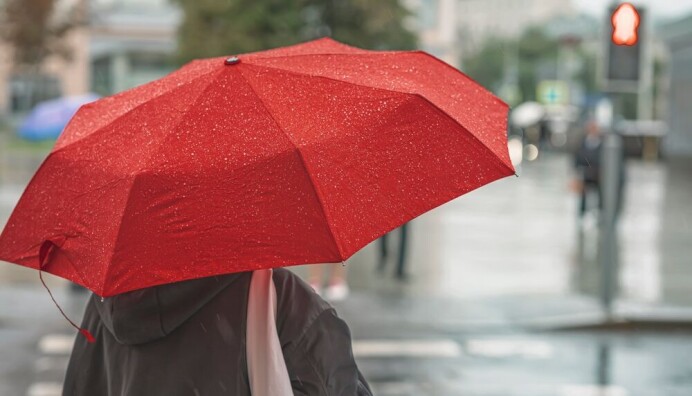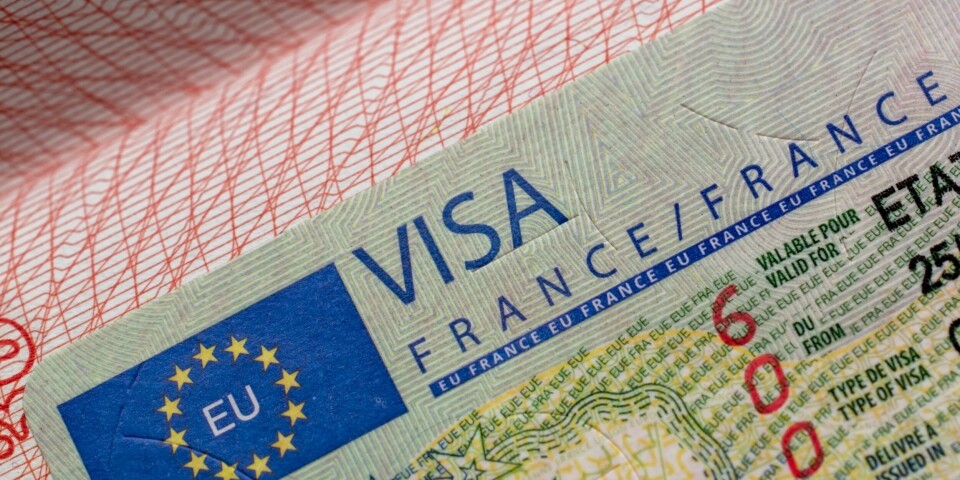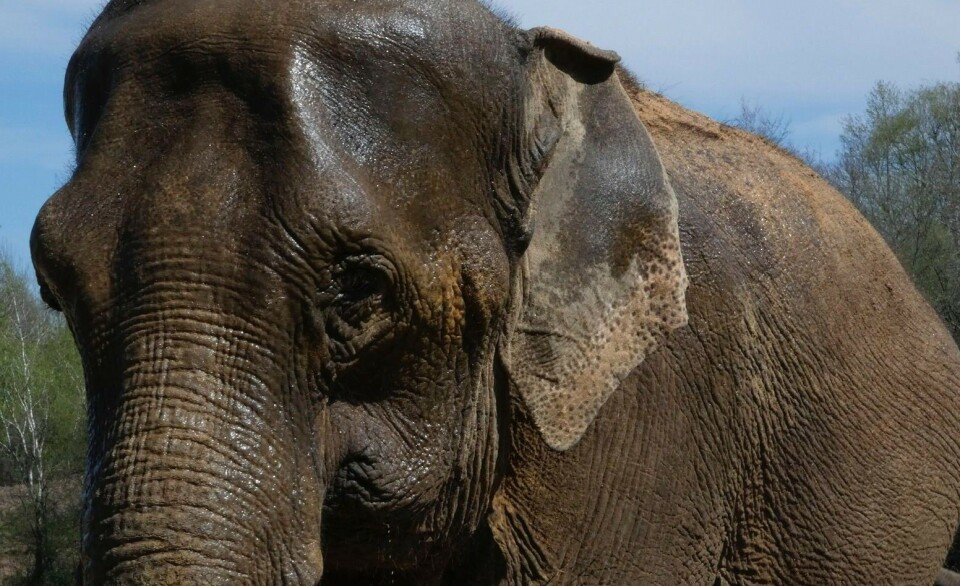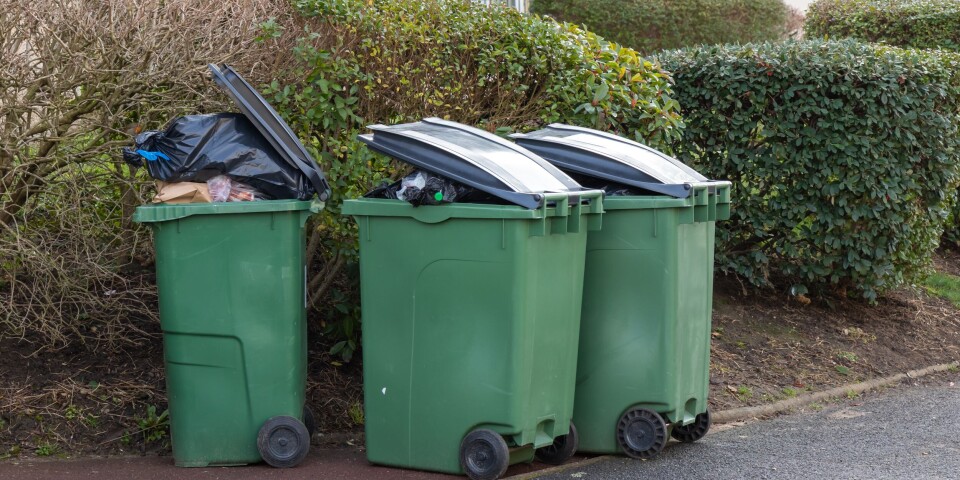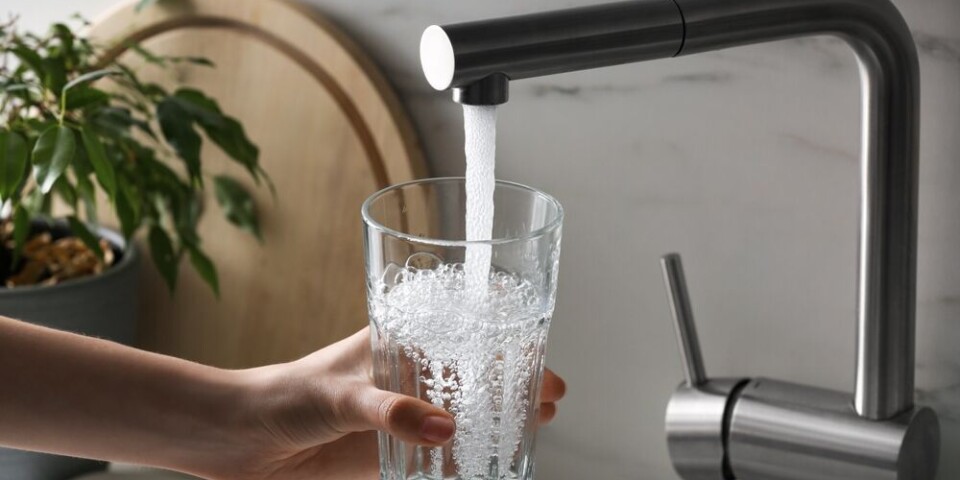-
French honey production almost double that of last year
South-east saw lower yields after being affected by summer heatwaves despite good news elsewhere
-
Montmartre: France's most fashionable vendange
Connexion talks to an organiser of one of the biggest free festivals in Paris, centred in the 18th arrondissement
-
Eat like a local - Dragées de Verdun
Explore the rich history and craftsmanship of Maison Braquier, the last French company producing traditional sugared almonds, a beloved delicacy in Verdun since 1783
Doing Dry January? Treat yourself to better wine afterwards
Jonathan Hesford on alcohol abstention and a great way to reward yourself afterwards

The New Year is a time to make resolutions. Regretting the period of excess over Christmas and perhaps suffering from a little too much alcohol, people naturally make resolutions to cut back on their drinking.
Often these do not last more than a few days but in recent years there has been a growing number of adherents to Dry January. The idea being that a monthlong “circuit breaker” acts as both a sudden end to the over-indulgence of the festive period and a means of reducing long-term alcohol consumption.
Dry January was launched in the UK by Alcohol Concern in 2013 and by 2018 an estimated three million people were at least attempting Dry January
While its usefulness was originally questioned, with sceptics thinking people would rebound in the February, a study revealed that participants showed improved wellbeing and reduced alcohol consumption six months later.
Of course, not everyone who tries to stay dry manages the whole month without a drink. Surveys show that only about 50% achieve that but nearly 90% did manage 22 days or more.
Around 80% of those who tried to stay dry said they felt more in control of their drinking and around two-thirds reported feeling healthier, sleeping more soundly, having better concentration, losing weight and improving blood pressure. A large majority said they had saved money too.
People who attempt Dry January are generally heavier drinkers than average, so the beneficial effects are likely to be more obvious.
I have written before about the dubious nature of government health advice on safe alcohol consumption figures. How they are based on all alcohol-related deaths, illnesses and hospitalisations from cancer and heart-disease (most likely caused by other factors) to accidents involving drunk drivers and violence resulting from drunkenness. In fact moderate alcohol consumption, particularly wine, has been consistently shown to increase our overall health and well-being.
The big question is where does moderation end and excess begin?
Many of know when we have over-indulged because our bodies tell us so. Symptoms like poor concentration, headache, nausea and fatigue are the classic signs of an alcohol-induced hangover. However, the effects of long-term alcohol consumption are a bit less obvious.
Some of the health problems like gout, high-blood pressure, obesity, liver and brain disease appear only gradually, do not affect everyone and can have other causes. The effect of alcohol on mental health is perhaps even more serious. Even when it is not the main cause, alcohol can easily make the situation far more dangerous to both the drinker and those around them.
Alcohol is addictive, both in the short term desire to have another glass to increase the sensations of relaxation, confidence and happiness, and in the long-term, where a glass of wine offers a way to reduce stress, anxiety or to try to combat loneliness, depression and trauma.
Rather than going back to the wines we were drinking before, why not take the opportunity to drink better wine in February?
Some people have better will-power to reduce their alcohol intake simply by saying “no” or finding alternatives, either to drink or to do to relax and have fun. However, a lot of people need some help in fighting the desire to open the bottle of wine or have one glass to many. Dry January is one way to break the cycle of regular consumption and allow us to reboot our systems.
Having saved some money in Dry January, we can make another wine resolution. Rather than going back to the wines we were drinking before, why not take the opportunity to drink better wine in February? The same budget, but the ability to choose more interesting bottles rather than limiting the price because of the weekly quantity.
Visit a caviste (wine merchant) rather than making do with what’s in the supermarkets. Make an effort to try wines from different regions to explore how they work with different cuisine. France has a huge diversity of wine styles and flavours.
Make 2021 a year to discover some outside your comfort zone.
Jonathan Hesford is owner and vigneron of Domaine Treloar in the Roussillon; www.domainetreloar.com.




